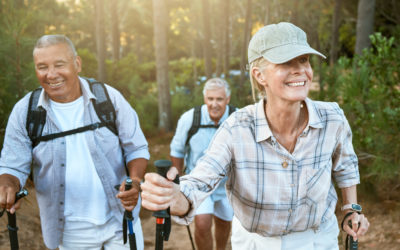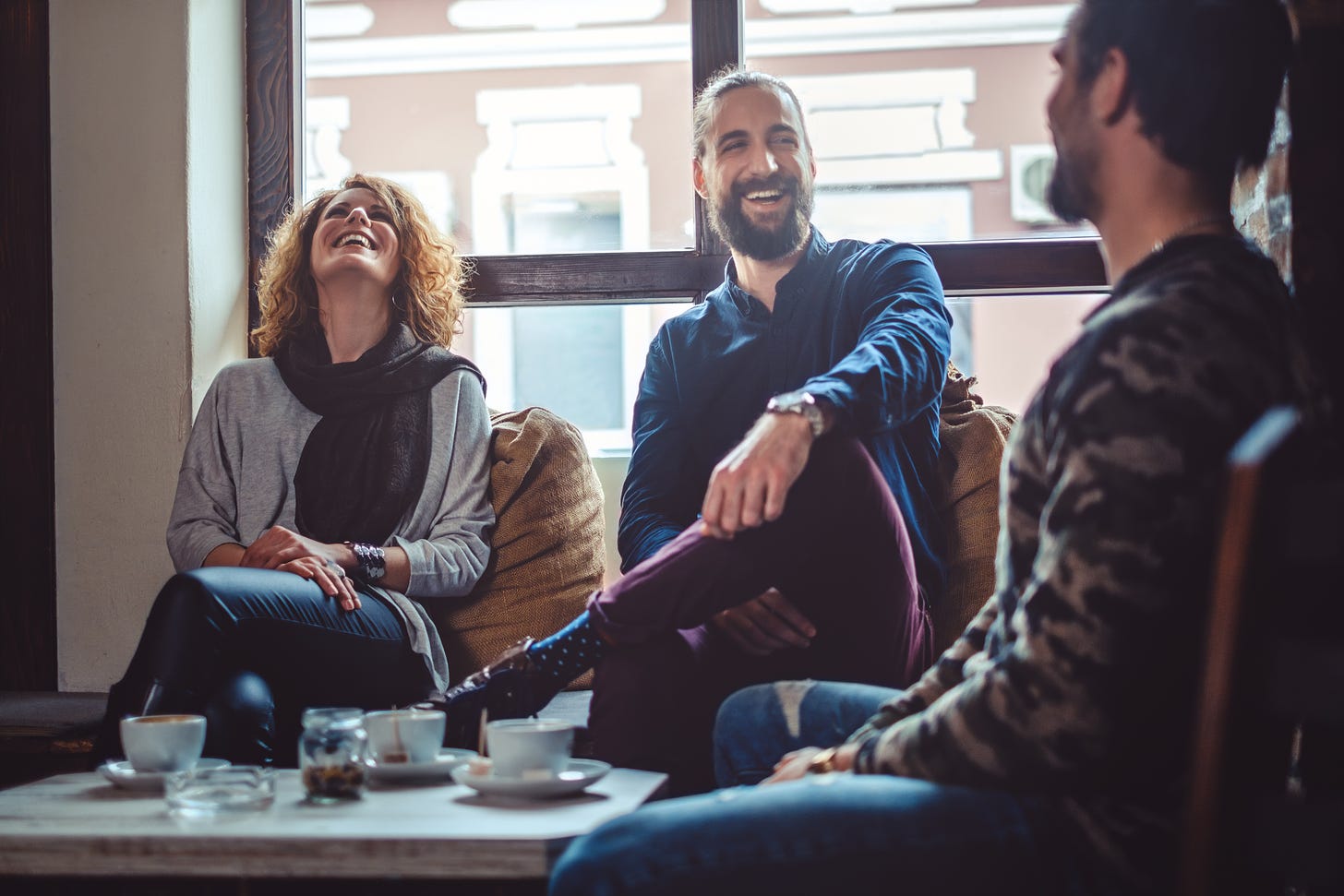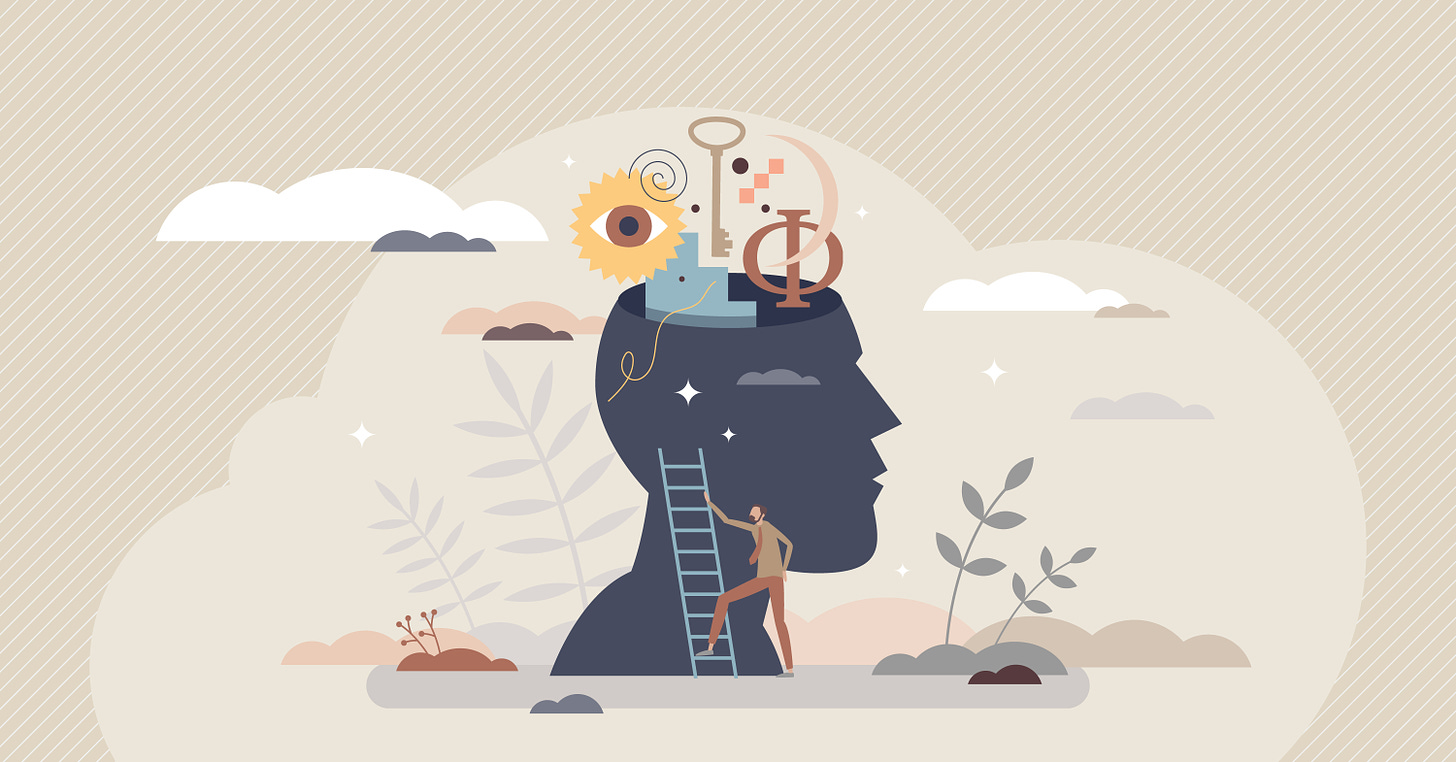Quick Hits
Daily brief research updates from the cognitive sciences

The headline caught my eye also. I’ve written multiple times, as many of you who follow my writing will know, on sleep, but also chronotypes: having a different daily wake and sleep rhythms. I am a bit of an owl – I tend to go to bed later and feel better when I get up later. I have however, been able to retrain myself and get up consistently early and keep my rhythm almost every day. I’m not a bad get-out-of-bedder but I also don’t bounce out of bed with a spring in my step either. So, when scientists say they know how to wake up alert, well, it makes me alert!
So, who are these scientists and what did they do?
This was a group of researchers from the Centre of Sleep Science at Berkely University who conducted a detailed analysis of 833 participants over a two-week period, with different sleep times and different types of breakfast. Their sleep was tracked with smart watches, they also had glucose measurements. Of note is that twins, both identical and fraternal, were in the study to help disentangle genetic effects.
The surprise, which kind of contradicts other studies on chronotypes, is that genetics only accounted for 25% of the variance in alertness in the morning. So, you will be itching to know what else contributed to this alertness.
There were four factors:
- Sleeping longer and later than you usually do. Seems like a no-brainer. But this was the most predictive aspect. It could be then that we just aren’t getting enough sleep in the first place. This might not be helpful for those who need to get up early for work (go to bed earlier, sweetie).
- The next one was that of exercising the day before which the researchers noticed contributed to better sleep and enhanced mood.
- A really important aspect was that of breakfast – the researchers noted that a breakfast high in simple sugars dramatically (negatively) impacted alertness and subsequent sleepiness. In contrast a breakfast with modest protein and complex carbohydrates was linked to revving up alertness.
- The final factor was the glucose response – this could arguably be a genetic component: this can also be very individualised. But this is strongly influenced by the afore-mentioned breakfast.
So, sadly, nothing dramatic there. But then again it does show, with a good body of evidence, that there are ways to boost alertness and wakefulness in the morning and most of these are under our control.
I had high hopes for the article – but as is often the case, I do most of these already – I am a masters athlete so train most days, I have a healthy fibre rich breakfast, and walk straight after breakfast to energise myself and get some daylight (when it’s light that is). However, I could do with some help getting to bed earlier, I tend to postpose my bedtime – being a bit of an owl…then again, I’m not bad at getting up – just it would be nice to be a bit more sprightly in the morning!
It must also be noted that the societal cost of sleepiness and drowsiness are significant, in fact it is deadly, the number of accidents not to mention major catastrophes that have been influenced by sleepiness is not to be underestimated: the Exxon Valdez oil spill in Alaska, the Three Mile Island nuclear meltdown in Pennsylvania and an even worse nuclear accident in Chernobyl.
So, it is good and important to know that a lot of this is under our control – and the “I’m not a morning person” might not be as true as you may believe!

Andy Habermacher
Andy is author of leading brains Review, Neuroleadership, and multiple other books. He has been intensively involved in writing and research into neuroleadership and is considered one of Europe’s leading experts. He is also a well-known public speaker, speaking on the brain and human behaviour.
Andy is also a masters athlete (middle distance running) and competes regularly at international competitions (and holds a few national records in his age category).
References
Raphael Vallat, Sarah E. Berry, Neli Tsereteli, Joan Capdevila, Haya Al Khatib, Ana M. Valdes, Linda M. Delahanty, David A. Drew, Andrew T. Chan, Jonathan Wolf, Paul W. Franks, Tim D. Spector, Matthew P. Walker.
How people wake up is associated with previous night’s sleep together with physical activity and food intake.
Nature Communications, 2022; 13 (1)
DOI: 10.1038/s41467-022-34503-2
More Quick Hits
How Seven Habits Boost Brain Function and Lower Depression Risk
Different areas of the brain are associated with empathy – this new research shows how brain regions synchronise to induce empathic responses.
Diversity in Startup Teams Increases Survival In Changing Environments
Different areas of the brain are associated with empathy – this new research shows how brain regions synchronise to induce empathic responses.
All Work And No Play, Really Does Make Jack A Dull (and Ineffective) Boy
Different areas of the brain are associated with empathy – this new research shows how brain regions synchronise to induce empathic responses.
Do Conservatives and Liberals Have Moral Brains?
Different areas of the brain are associated with empathy – this new research shows how brain regions synchronise to induce empathic responses.
New Discovery: Swirling Spirals Move Across Your Brain
Different areas of the brain are associated with empathy – this new research shows how brain regions synchronise to induce empathic responses.
Zapping the Brain Improves Maths Ability
Different areas of the brain are associated with empathy – this new research shows how brain regions synchronise to induce empathic responses.






